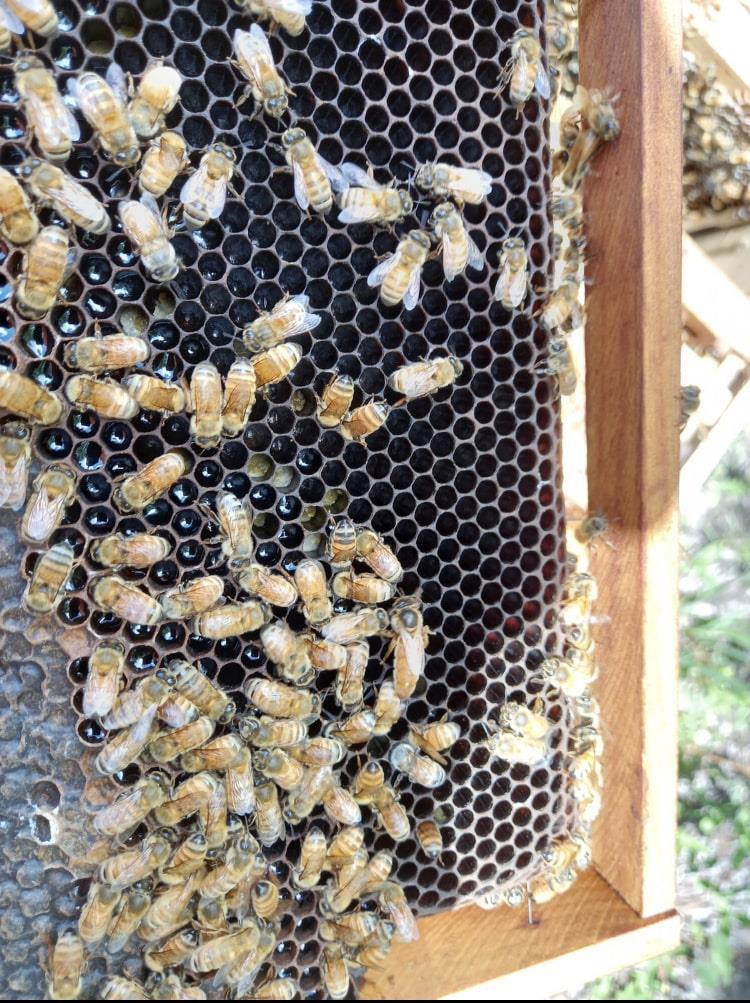Understanding the Importance of Bee Supplements
To stimulate brood rearing, beekeepers have a preference: they can either move hives onto breeding conditions before major honey flows, taking advantage of different flowering species, or they can artificially arouse their hives with supplementary feeding. This is mostly an economic decision as there are costs related to both moving bees and feeding substitutes and supplements. The word ‘supplements’ recommends that there is already some naturally occurring pollen and/or nectar in the area for the bees and the beekeeper is making up the shortfall by feeding the hive strategic supplements. Supplements must have the nutritional components that are deficient in the field as well as make up the required volume a colony may consume. ‘Substitutes’ suggests that either nectar or pollen, or both, are completely lacking in the field.

Importance of honey bee supplements: Feeding honey to a hive in some cases is possible, even though bees do not seem to do as well on honey compared to sugar syrup. It might be better financially for the beekeeper to sell the honey and purchase sugar. If honey has candied in combs then these combs can be stored and offered to colonies as necessary. Honey must only be fed back to the same colony where it has come from, unless the honey has been sterilized by gamma irradiation!
There are risks related to feeding honey to colonies. Feeding honey to a hive is not popular if the aim is to stimulate the hive. The colony will reduce the brood area, the bees will become more self-protective and robbing activity will augment.



